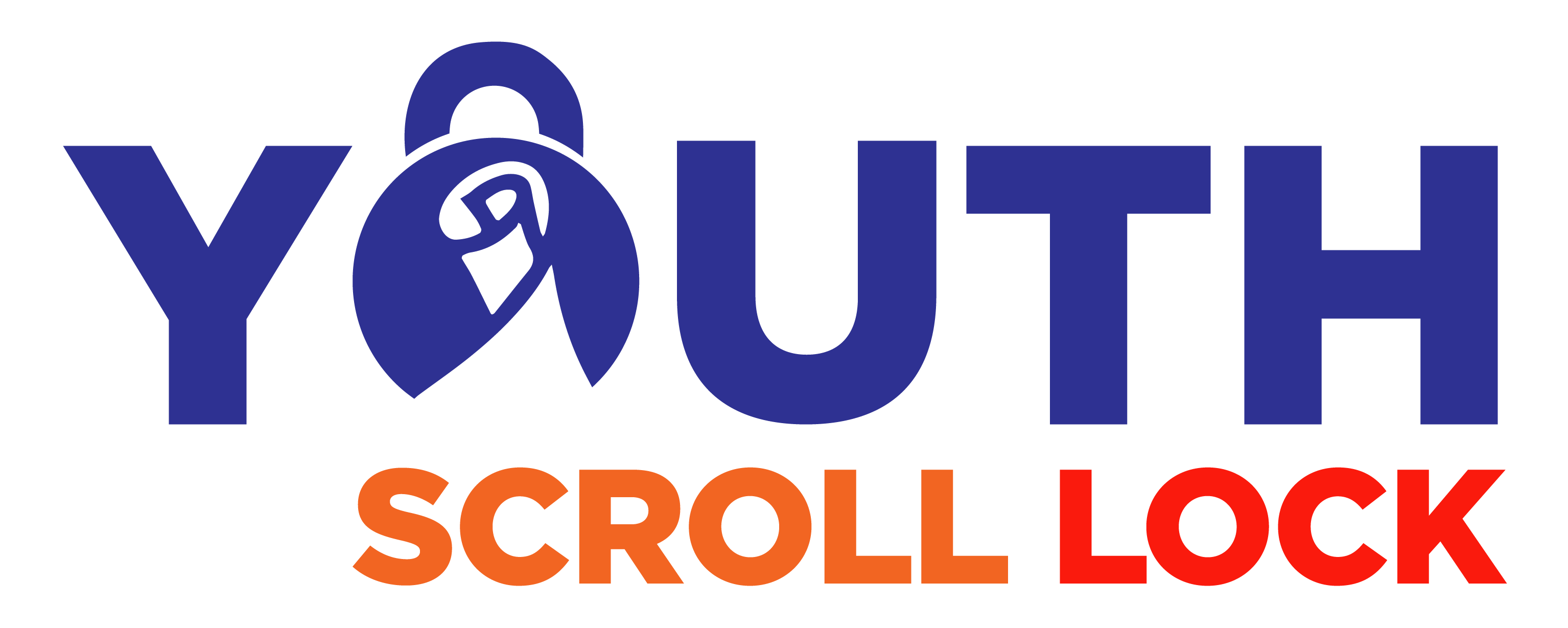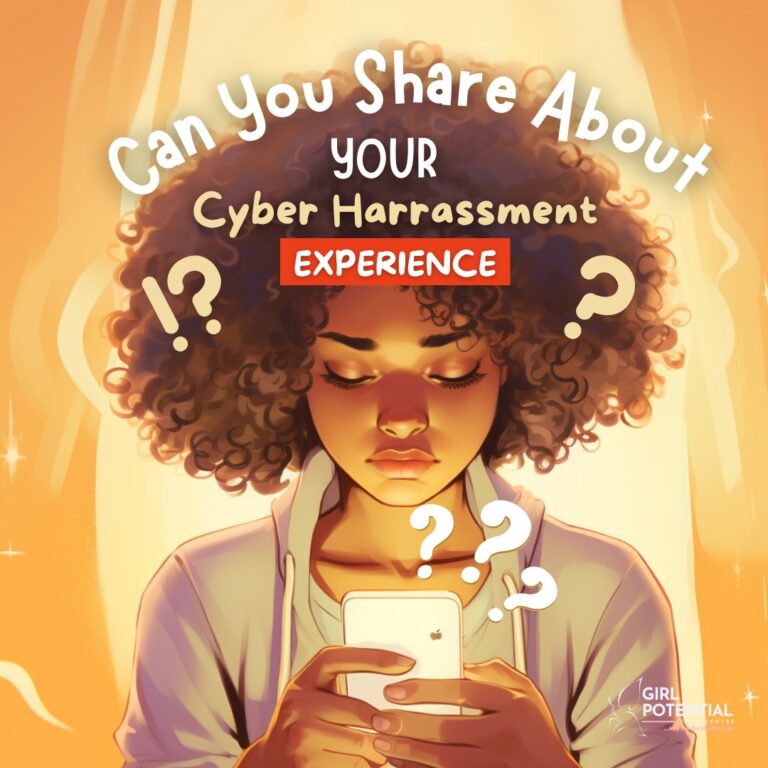Combating Cyberbullying in Uganda: Empowering Victims and Enforcing Change
Curbing Cyberbullying in Uganda.
At a time when digital technologies have spread widely all over the world, Addressing cyberbullying requires a multifaceted approach;
- Digital citizenship, every individual ensures responsible, ethical, and safe use of digital technologies and online platforms.
- Implementing comprehensive education programs that teach students, parents on safe digtal consumption.
- Emphasize the essence of responsible online behavior; a digital footprint, which has the power to impact an individual’s reputation and future opportunities.
- Establishment of clear cyber safety policies and consequences in schools, workplaces, and online platforms.
- Engaging parents and guardians in discussions about the importance of supervising their children’s online activities.
- Collaboration with different social media platforms, technology companies, and internet service providers to implement robust policies and tools for reporting and addressing cyberbullying.
- Availing mental health support resources like counseling for victims in schools, workplaces, and communities.
As much as we are working to solve cyberbullying, there are ways one can protect themselves from being the target of most cyberbullies.
- Safeguarding personal information online,
- Cautiousness before posting or sharing anything online, considering the potential impact it may have.
- Be mindful of whom you connect with and accept as friends or followers on social media.
- Set strong passwords and enable two-factor authentication.
- Report and block cyberbullies.

Unveiling the Dark Side of Cyber Bullying in Uganda
Stella Nakyanzi (not her real name) laughs sarcastically as she narrates her ordeal of how she turned out a victim of cyberbullying. She posted a picture of herself on Twitter after attending church.
“I thought I looked great in my colorful dress, so I was like why not share it? A few moments later, people were mocking my body shape.
Let’s just say I was crushed. I deleted my post immediately but the picture had spread already that it was used as a meme later. I never got over it. since then I can’t post a single picture of myself anywhere on the internet. It’s too much anxiety, I can’t handle.”
A recent research study conducted by the UN showed that out of 4000 respondents aged 15-25, 40% of them had been victims of online harassment.
- Emotional and psychological impact on the victims; from anxiety, depression, fear, shame, and low self-esteem.
- Inability to concentrate at work or in school; a lack of motivation for the things that once excited them.
- Mental and physical health problems, and increased risk of self-harm or suicidal ideation.
- Social isolation and withdrawal from social activities, loss of confidence in making friends, and experience difficulties trusting others.
- Negative self-image and body-image issues. For a while, victims embrace negative self-perception, constant criticism, body shaming, and low confidence.
- Develop post-traumatic stress disorder (PTSD) and engage in self-destructive behaviors.


